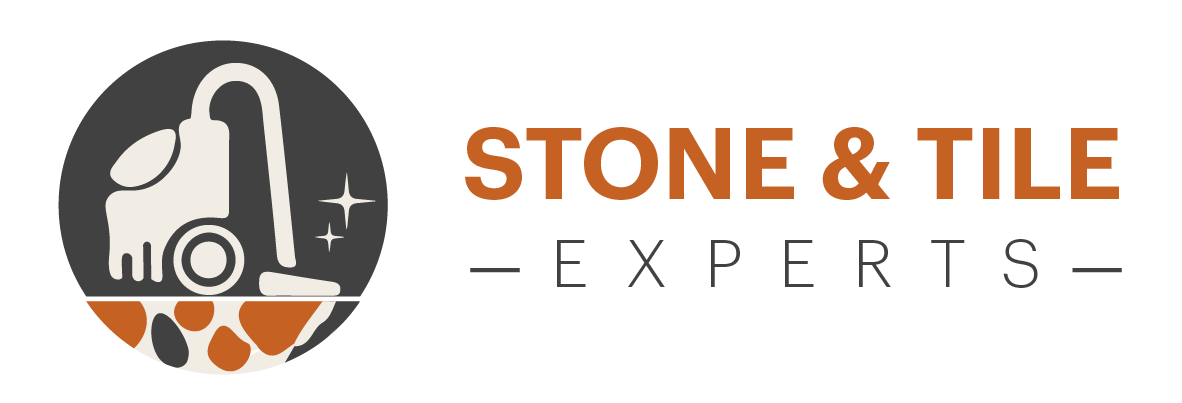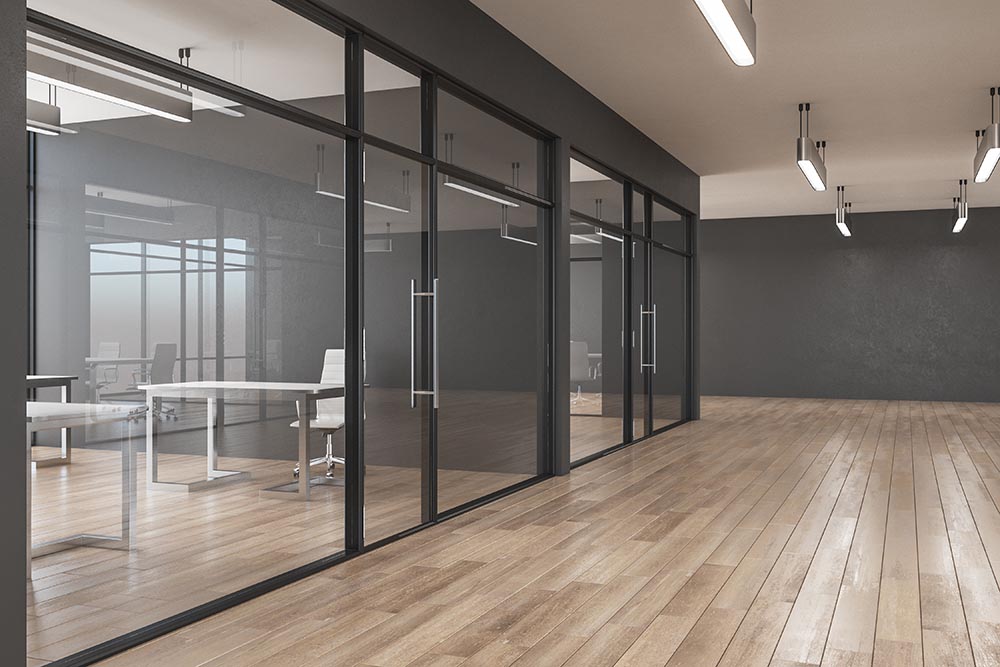When designing an office, one crucial detail that often gets overlooked is the flooring. It’s more than just a surface to walk on; it significantly impacts the look, feel, and functionality of your workspace.
With a vast array of options available in the market, you might be wondering what is the best flooring option. From hardwood to vinyl, each type comes with its unique set of benefits and drawbacks. This can make the selection process seem overwhelming.
To help you navigate this decision, we’ve put together a comprehensive guide. This guide will explore the best flooring options for offices, delving into their advantages, potential uses, and any limitations they might have.
By providing you with this information, our aim is to simplify your decision-making process and equip you with all the necessary knowledge to choose the best flooring for your office space.
The Crucial Role of Flooring in Office Spaces
The floor is one of the most used parts of any building, making it essential to choose a durable material for your office. Moreover, the floor plays a significant role in defining your workspace’s aesthetics and comfort levels. It sets the tone for the office environment and can impact employee productivity.
From carpet tiles and vinyl flooring to hardwood, ceramic tiles, and polished concrete, each flooring option offers unique benefits and drawbacks. When selecting your office flooring, consider factors such as durability, maintenance, cost, aesthetics, and use of the space to make an informed decision.
-
Carpet Tiles: A Versatile and Comfortable Choice
Carpet tiles, also known as office flooring tiles, are a popular choice for commercial spaces. They’re versatile, comfortable, and available in a wide range of colours and patterns.
Benefits and Uses of Carpet Tiles
Carpet tiles offer several benefits. They provide insulation, reducing noise levels and helping to maintain temperature, making them ideal for open-plan offices or spaces where noise reduction is critical. They’re also comfortable underfoot, providing relief for employees who spend a lot of time standing or walking.
In terms of use, carpet tiles are perfect for high-traffic areas, thanks to their durability. Plus, if a section of the carpet becomes damaged, you can simply replace the affected tiles instead of re-carpeting the entire area, saving you time and money.
Drawbacks of Carpet Tiles
Despite their benefits, carpet tiles also have some drawbacks. They can harbour allergens, which might be a concern for people with allergies. Additionally, while they’re generally durable, they may not withstand heavy wear and tear, as well as some other flooring types, like ceramic tiles or polished concrete.
-
Vinyl Flooring: A Cost-Effective and Stylish Option
Vinyl flooring is a cost-effective, stylish, and practical choice for office spaces. It’s easy to install, requires minimal maintenance, and is available in various designs, making it one of the best choices for modern office floor tiles.
Benefits and Uses of Vinyl Flooring
One of the main advantages of vinyl flooring is its cost-effectiveness. Compared to other flooring options like hardwood or ceramic tiles, vinyl offers a stylish look at a fraction of the cost.
Moreover, vinyl is water and stain-resistant, making it an excellent choice for areas prone to spills, such as the pantry or cafeteria. Its versatility in design, mimicking everything from wood and stone to abstract patterns, allows you to achieve any desired aesthetic.
Drawbacks of Vinyl Flooring
On the flip side, while vinyl flooring is durable, it can be susceptible to punctures and scratches. Moreover, it doesn’t add as much value to your property as other flooring options, such as hardwood tiles.
-
Hardwood Flooring: The Classic and Elegant Pick
For a timeless, elegant look, consider hardwood floors. They exude warmth and sophistication, instantly elevating the ambience of your workspace.
Benefits and Uses of Hardwood Flooring
Hardwood flooring is durable and long-lasting, making it a worthwhile investment for your office. It can withstand daily wear and tear and, if properly maintained, can last for decades.
The aesthetic appeal of hardwood is unmatched. It adds a sense of elegance and warmth to your space, making it ideal for high-end offices or executive suites.
Drawbacks of Hardwood Flooring
However, hardwood floors come with their challenges. They require regular maintenance to prevent scratches and dents. Additionally, they’re susceptible to water damage, so they may not be the best choice for areas prone to spills.
-
Ceramic Tile Flooring: The Durable and Stylish Choice
If durability is your top priority, ceramic tile flooring might be the solution for you. These tiles are incredibly hard-wearing, stylish, and easy to maintain, best for commercial office flooring.
Benefits and Uses of Ceramic Tiles
Ceramic tiles are highly durable and capable of withstanding heavy foot traffic without showing signs of wear and tear. They’re also water and stain-resistant, making them easy to clean and maintain.
In terms of design, these tiles offer a plethora of options. Whether you’re going for a sleek, modern look or a traditional, rustic vibe, you’ll find tiles that fit the bill.
Drawbacks of Ceramic Tiles
Despite their benefits, they can be quite hard underfoot, which may cause discomfort for employees who spend a lot of time standing. They can also be slippery when wet, posing a potential safety hazard.
-
Polished Concrete: The Contemporary and Sustainable Option
Polished concrete is gaining popularity as a commercial flooring option. It’s stylish, durable, easy to maintain, and sustainable, making it an excellent choice for modern offices.
Benefits and Uses of Polished Concrete
Polished concrete floors are not only aesthetically pleasing but also extremely durable. They can withstand heavy traffic and are resistant to spills and stains. This makes them ideal for busy office environments.
Additionally, polished concrete is a sustainable flooring option. It utilises the existing concrete slab, eliminating the need for additional materials, which aligns with eco-friendly business practices.
Drawbacks of Polished Concrete
However, like ceramic floorings, polished concrete can be hard underfoot, potentially causing discomfort for employees who stand or walk a lot. It can also be cold in winter, which might require additional heating sources to maintain a comfortable office temperature.
Evaluating Your Office Needs: The Key to Choosing the Right Flooring
Before you can select the perfect flooring for your office, it’s crucial to evaluate your specific office needs. This step involves considering factors such as foot traffic, noise levels, maintenance, and budget.
-
Foot Traffic
High-traffic areas will need durable commercial flooring options like ceramic tiles or polished concrete. These materials can withstand the daily wear and tear of busy offices without showing signs of damage.
-
Noise Levels
If your office has issues with noise levels, carpet tiles can provide sound insulation to create a quieter workspace. They absorb sounds, reducing echoes and noise transmission between floors and rooms.
-
Maintenance
Maintenance is another crucial factor to consider. Hardwood floors, while elegant and timeless, require regular upkeep to prevent scratches and dents. Vinyl flooring and polished concrete, in contrast, are low-maintenance options that are easy to clean and resistant to spills and stains.
-
Budget
Lastly, consider your budget. While hardwood and ceramic tiles may provide a high-end look, they come with a higher price tag. Vinyl flooring and carpet tiles, on the other hand, offer an affordable yet stylish alternative.
By carefully evaluating your office needs, you can choose a flooring option that not only meets your functional requirements but also enhances the aesthetic appeal of your workspace.
Conclusion: Making The Right Choice
Choosing the right flooring for your office is crucial. It sets the tone for your workspace and can significantly impact your employees’ productivity and satisfaction. Whether it’s carpet tiles, vinyl flooring, hardwood floors, ceramic tiles, or polished concrete, each option has unique benefits and drawbacks.
When selecting your office floors, consider factors such as durability, maintenance, cost, and aesthetics. Consult with a professional in flooring ideas in Newcastle to make an informed decision that meets your specific needs and budget.
Remember, your office flooring isn’t just a functional element – it’s also a reflection of your brand. So, choose wisely!

